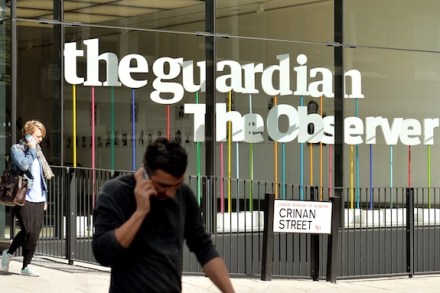A lightbulb moment at the self-checkout
I spent the last few days in Deal and Folkestone with Professor Richard Thaler at Nudgestock, Ogilvy’s seaside festival of Behavioural Science. On my way home I decided to stop off at M&S to buy some runny scotch eggs and a pie, accompanied by some unwanted green things to make my basket look middle-class. Finding a long queue at the main checkout, I grudgingly took my goods to the self-checkout machines. (For the uninitiated, Richard Thaler is the co-author of Nudge, and more recently the author of Misbehaving. He is perhaps the godfather of behavioural economics, a dissident strand of economics which holds the outlandish view that the discipline might




















